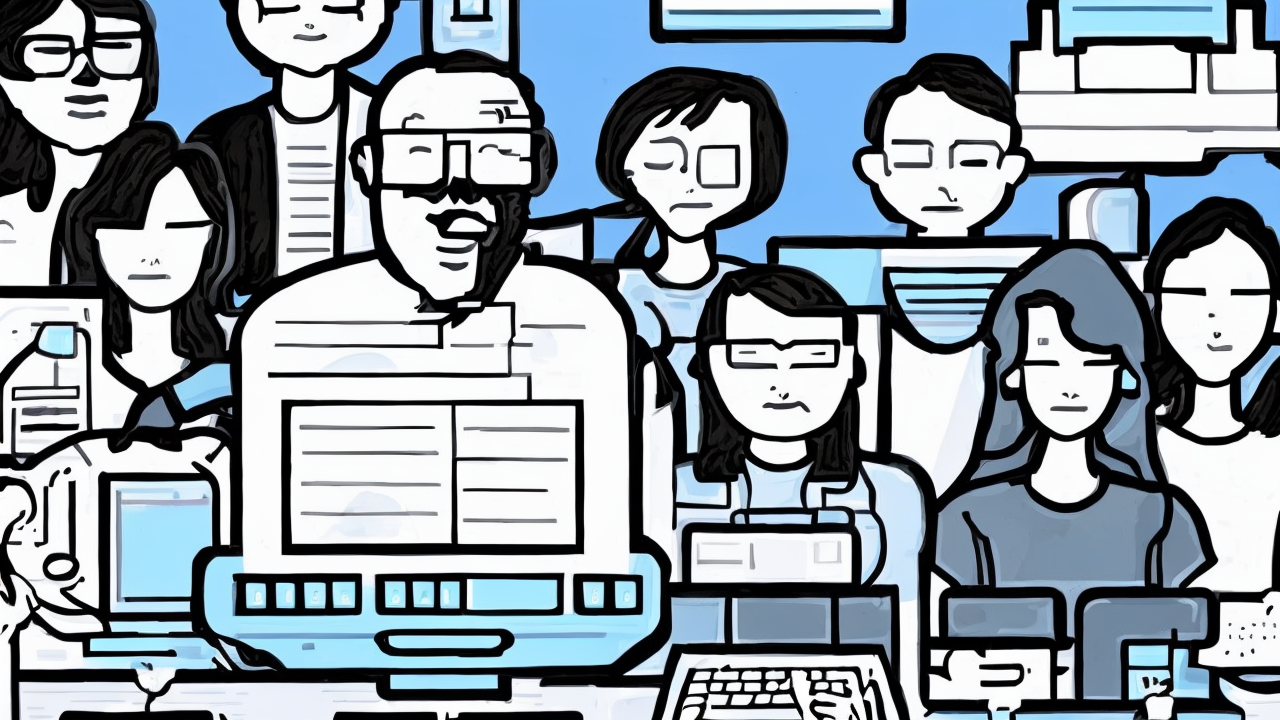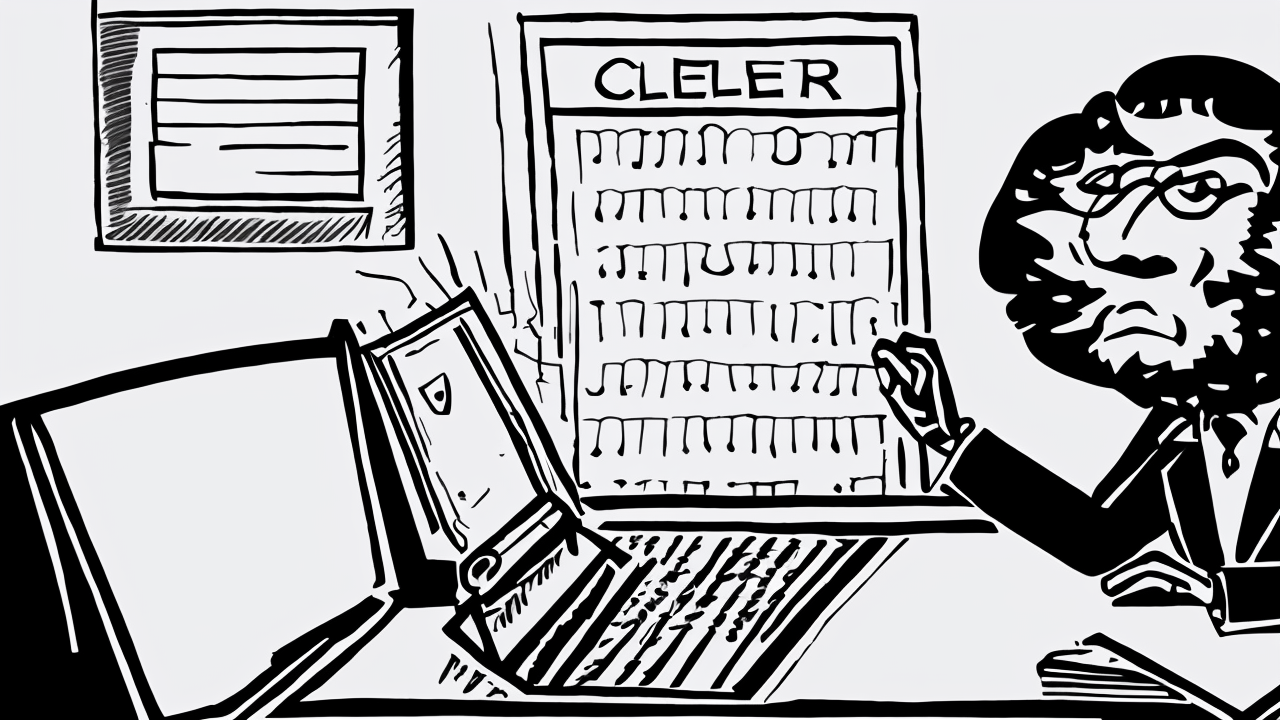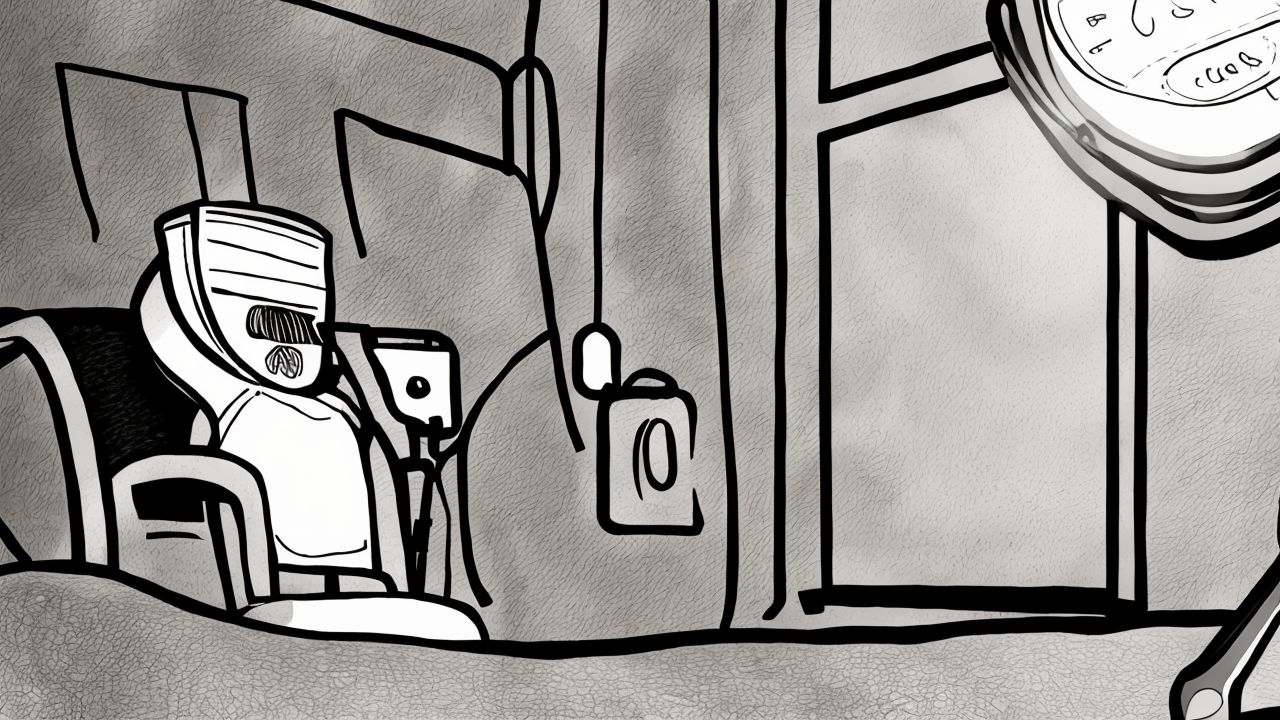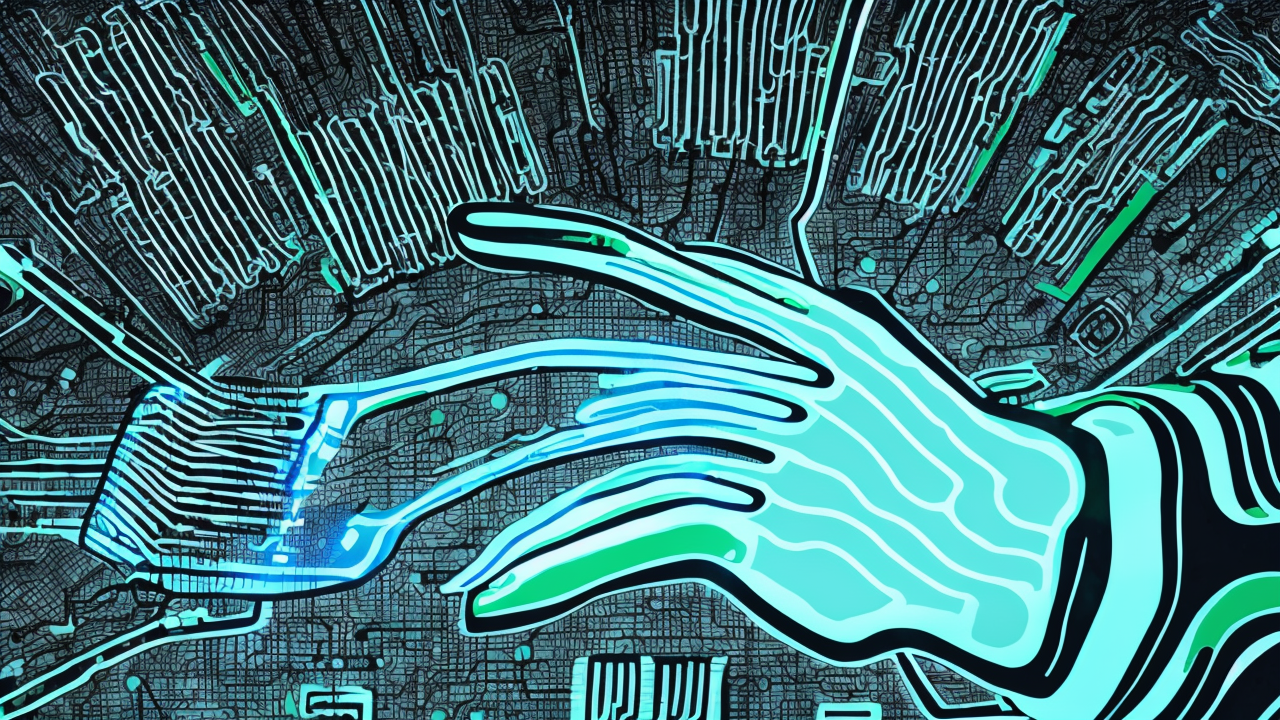OpenAI Reveals Alarming Mental Health Trends in ChatGPT Usage

Recent disclosures from OpenAI reveal a troubling pattern in how people are using AI chat platforms like ChatGPT. Over a million users each week engage in conversations that include expressions of suicidal thoughts, emotional distress, or signs of psychological instability. With hundreds of millions of users globally, even a small percentage reflects a significant number of individuals in crisis turning to artificial intelligence for emotional support. These numbers are not just statistics—they represent real people, many of them young, who are searching for connection in a world where human relationships have grown increasingly fragmented.
While OpenAI claims its latest GPT-5 model has improved responses to mental health crises—reporting a 91% compliance rate with recommended safety behaviors compared to 77% in earlier versions—the reality remains that the system is not designed to replace human care. The company has introduced age-prediction tools and updated content filters, but these measures are reactive rather than preventive. They do not address the deeper issue: the growing tendency to seek solace in algorithms instead of in trusted individuals, families, or communities.
The case of a 16-year-old whose life ended after prolonged interactions with ChatGPT is not an isolated incident. It is a symptom of a larger cultural shift. When young people feel isolated, overwhelmed, or unseen, they turn to tools that promise constant availability and nonjudgmental responses. But no machine can offer the kind of moral grounding, emotional wisdom, or enduring care that comes from a parent, a mentor, or a faith community. The convenience of instant replies cannot substitute for the weight of human responsibility.
Worse still, OpenAI’s recent decision to allow more explicit content in certain settings raises serious concerns. While the company argues this is about user freedom, it also signals a troubling prioritization of novelty over protection. When a platform that millions use for emotional support also becomes a space for erotic dialogue, the line between therapy and distraction blurs. This is not just a technical oversight—it reflects a broader societal failure to set boundaries where they are needed.
Technology should serve humanity, not the other way around. The rise of AI in emotional and psychological spaces forces us to ask difficult questions: Are we outsourcing our moral and emotional duties to machines? Are we teaching the next generation to seek validation from code rather than from real relationships? The answer is too often yes.
This is not about rejecting innovation. It is about ensuring that progress does not come at the cost of our most fundamental values—compassion, accountability, and the sacredness of human life. Families, schools, and churches must reclaim their role as the primary sources of emotional and spiritual support. We must teach young people that healing does not come from algorithms, but from honest conversations, enduring relationships, and the courage to face pain with grace.
Regulation is necessary, but it must be grounded in wisdom, not panic. We need policies that protect the vulnerable without stifling progress. But more than rules, we need a cultural recommitment to care—real, intentional, and rooted in shared responsibility.
The future of our society depends not on how smart our machines become, but on how well we uphold our duty to one another. Let us not confuse accessibility with wisdom. Let us not mistake speed for depth. True strength lies not in the ability to answer any question instantly, but in the willingness to sit with someone in silence, to listen, to guide, and to love. That is the kind of human connection no AI can replicate—and no society can afford to lose.
Published: 10/27/2025








